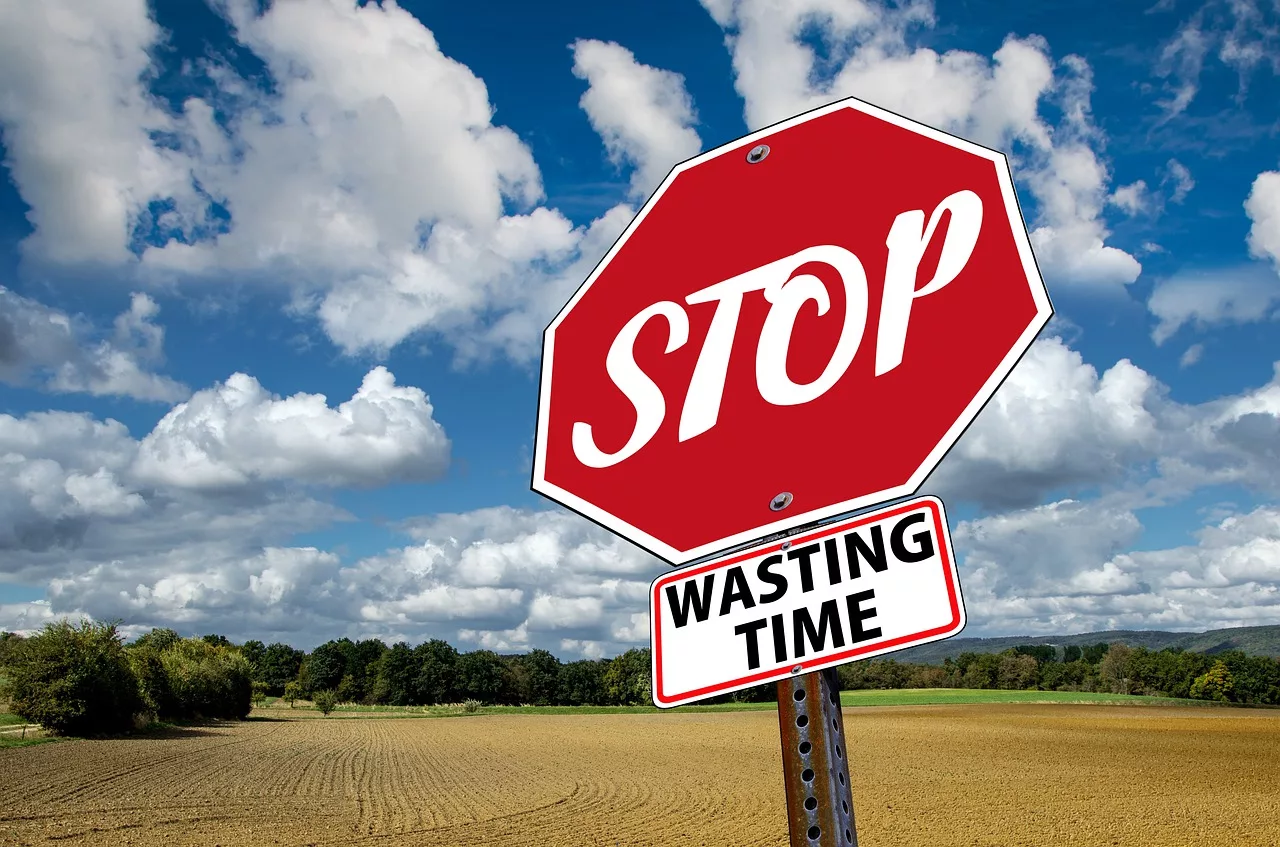Muda is the Japanese term for “wastefulness,” and it’s rampant in our organizations. This corporate cholesterol builds up slowly, silently, and continuously until it chokes the system. High-performing organizations are mindful of muda and focus their attention on reducing it whenever it rears its ugly head. Rather than wasting talent, time, and money, these organizations ensure all of their available resources are solely focused on the most important aspects of business and customer needs.
Challenging the status quo is the first step toward eliminating muda. In the absence of effective strategy and peak performance culture, people default to a business-as-usual attitude. When faced with organizational change, you will often hear people say, “We don’t have the resources or time for that.” Yet these same business people often spend time and money on non-value-added activities. This can pose a serious threat to the health of an organization. As Disney CEO Bob Iger once said, “The riskiest thing we can do is maintain the status quo.”
We must recognize that our bias toward the pace of daily operations often blinds us to how much of our time is spent on muda. Having grown accustomed to non-value-added activities, many leaders and employees are unaware of what percentage of their day is muda, even as muda prevents them from acting on their organization’s true potential. It may become a matter of survival to free up scarce resources quickly and invest in problem-solving, change, or transformation, while protecting a mission and a team from added risk.
Action plan
How can business leaders recognize muda in their systems? This three-step exercise can help.
- Draw a circle and list everything that is truly essential to your organization.
- Draw an overlapping second circle and list all of your customers’ and consumers’ needs. Assess the kind of things you do for customers and consumers, as well as the things you do not get to do in service of their immediate and long-term needs.
- Draw an overlapping third circle and account for your tasks. Think through your days, weeks, or months and the things that keep you busy. Assess how much time you spend in meetings, on the phone, and dealing with email and text.
Now, look at the overlap between the lists. How many of your activities are essential to running the business or building customer value? How much of your email and other daily tasks can be classified as muda? What is the nature of the meetings you attend, and how many of them are run well? Over the last 10 days or so, how much of your time was spent on real business or customer needs?
How much of your email and other daily tasks can be classified as muda?
Everything you do that is not in service of your business and/or customer and consumer needs is a non-value-added activity — or muda. Once you know where it is, it’s time to take action:
- STOP spending time and money on non-value-added activities.
2. START investing freed-up time and money on unfulfilled business and customer needs.
The bottom line
Most people will be shocked at how much waste is in their organizations. Meetings, procedures, and correspondence abound, often with few results. Many of these non-value-added activities have become so ingrained in peoples’ work habits that they’ve forgotten why they do them in the first place! Ask these business leaders and they will likely say, “We’ve always done things that way.” This is not a sound business case for any work activity, and you must take care to eliminate this waste wherever possible.
If you don’t take the critical steps to eliminate muda, you will never have the resources and focus to create the future you want for your organization. But this action plan can help you stop muda in its tracks, fight back against the status quo, and secure the resources you need for success.





